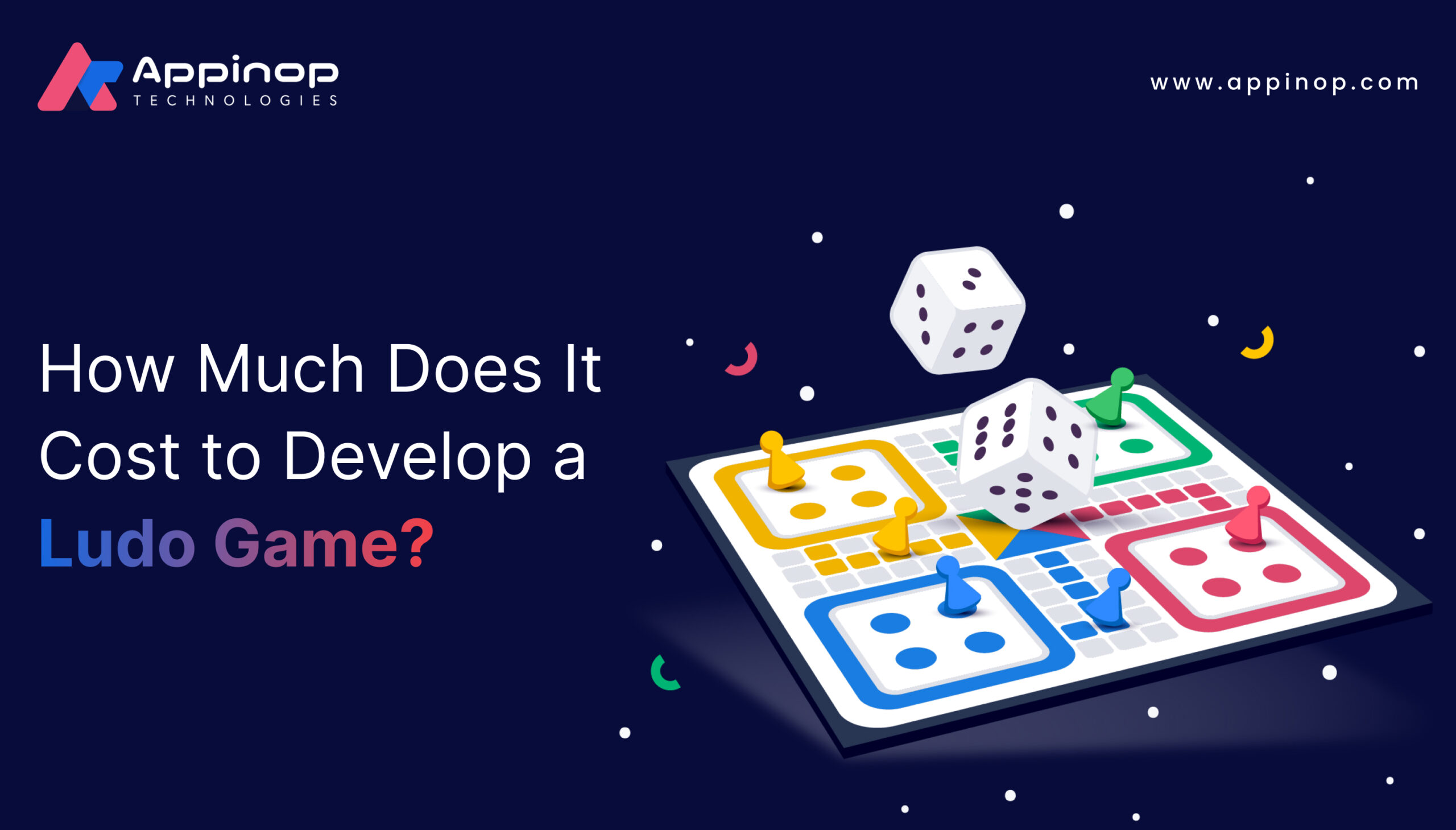Ludo, a timeless board game, has transitioned into the digital world, gaining immense popularity among players of all ages. The demand for well-designed Ludo games is on the rise, offering businesses a lucrative opportunity in the gaming industry. But how much does it cost to develop a Ludo game? The answer depends on various factors, including the features, platforms, and the expertise of the Ludo Game Development Company you choose. Whether you aim for a simple design or an advanced app with multiplayer options, understanding the cost dynamics is crucial. This guide explores the factors, key features, and tips to help you plan your budget while ensuring your game stands out in the competitive market.
1. Factors Affecting the Cost of Ludo Game Development
Several factors determine the cost of Ludo Game Development, including:
- Complexity: A simple game with basic features costs less compared to an advanced game with innovative features like live chat and real-time multiplayer.
- Team Expertise: Hiring an experienced Ludo Game Development Company may cost more initially but ensures quality and timely delivery.
- Technology Stack: The choice of frameworks and tools impacts the development cost significantly.
- Customization: A fully customized game requires more resources and time, raising the cost.
Understanding these factors will help you estimate a budget that aligns with your business goals.
2. Key Features That Influence Ludo Game Pricing
The features you choose play a significant role in determining the cost. Essential features include:
- User Registration & Login: Secure login options with social media integration.
- Gameplay Modes: Multiple modes like single-player, multiplayer, and online tournaments.
- Real-Time Chat: Enhances user engagement, adding to the development cost.
- Reward System: Players enjoy earning coins, rewards, or rankings, which requires additional coding.
- Admin Panel: A robust admin panel for managing the game environment is crucial.
The more advanced the features, the higher the investment needed. Partnering with an experienced Ludo Game Developer ensures a balance between functionality and cost.
3. Cost Breakdown: Design, Development, and Testing
Breaking down the development process helps in understanding the cost:
- Design: Creating an intuitive UI/UX design can cost around 20-30% of the total budget.
- Development: Coding the game logic and integrating features like leaderboards or payment gateways make up 50-60% of the costs.
- Testing: Rigorous testing ensures a bug-free experience, accounting for 10-15% of the budget.
A reputed Ludo Game Development Company ensures this process is seamless, delivering a high-quality product while optimizing costs.
4. How to Choose the Right Development Team
Choosing the right Ludo Game Developer is critical for a successful project. Consider the following:
- Experience: Look for a company with a proven track record in Ludo Game Development.
- Portfolio: Examine their previous projects to assess their design and technical capabilities.
- Client Reviews: Check reviews and ratings for credibility.
- Post-Launch Support: Ensure the team offers maintenance and updates after the game is launched.
- Cost Transparency: Choose a team that provides clear pricing to avoid hidden charges.
Selecting the right team can significantly impact your game’s success and profitability.

5. Platform-Specific Costs: Android vs. iOS vs. Web
The platform you choose directly affects the development cost:
- Android: Developing for Android is often cost-effective due to the availability of open-source tools.
- iOS: iOS development typically costs more because of Apple’s stringent app guidelines.
- Web: Web-based games are platform-independent but may require additional resources for cross-browser compatibility.
To maximize reach, many businesses opt for cross-platform Ludo Game Development using frameworks like Unity or Flutter, which saves time and money.
6. Additional Costs for Advanced Features and Integrations
Adding advanced features increases the overall cost but can enhance user engagement:
- AR/VR Integration: Creates an immersive experience but requires a higher budget.
- Blockchain Technology: Ensures secure transactions in games with real-money rewards.
- Payment Gateways: Enables seamless in-app purchases and is a must for monetization.
- Localization: Adding multi-language support can broaden your user base but incurs extra costs.
Discuss your vision with your Ludo Game Development Company to include features that align with your goals and budget.
7. Tips to Optimize Your Ludo Game Development Budget
Here are some practical tips to minimize costs without compromising quality:
- Start Small: Begin with a minimum viable product (MVP) and add features later.
- Use Pre-Built Assets: Reusing assets can save time and resources.
- Choose the Right Team: Collaborate with a cost-effective yet experienced Ludo Game Developer.
- Focus on Core Features: Prioritize essential features initially.
- Leverage Open-Source Tools: Use cost-effective frameworks and libraries.
- Regular Updates: Plan for updates rather than overloading the initial version with features.
By following these tips and partnering with a reliable Ludo Game Development Company, you can create a successful game within your budget.
Conclusion
Developing a Ludo game is a strategic investment in the growing online gaming industry. The costs depend on the complexity of the design, the features you incorporate, and the expertise of your Ludo Game Developer. By focusing on essential elements, choosing the right development team, and managing your budget effectively, you can create a captivating and profitable gaming platform. Whether it’s for Android, iOS, or web platforms, partnering with a trusted Ludo Game Development Company ensures quality, scalability, and success. Start your journey today and bring your vision to life in this ever-evolving gaming landscape!

